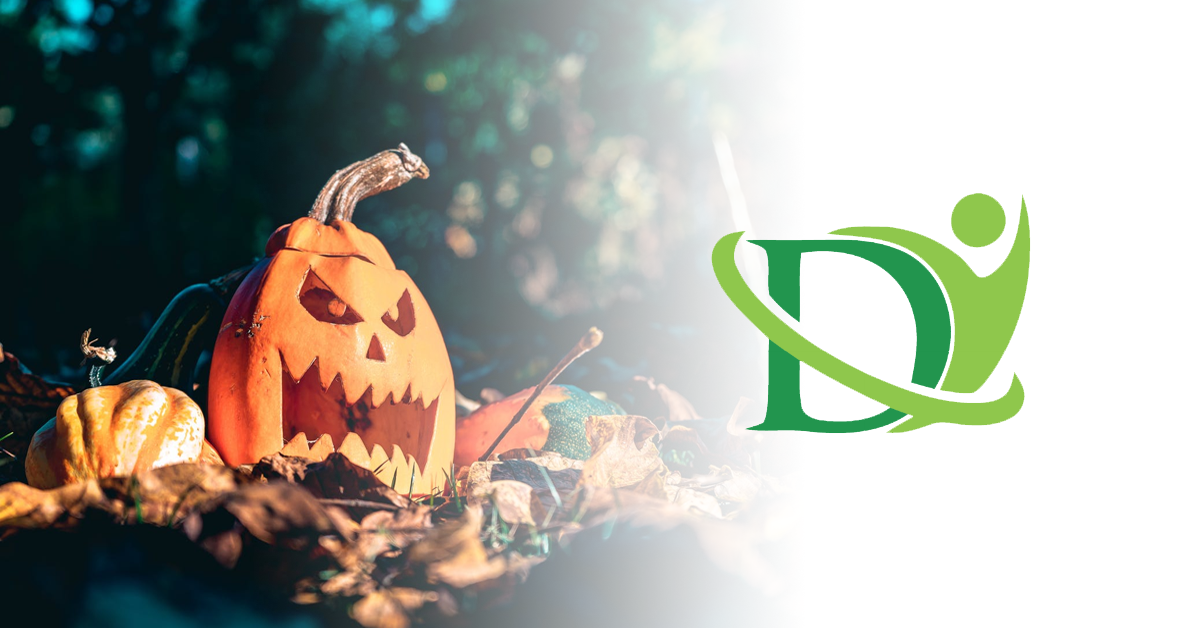
Surviving Unemployment – Financial Tips To Follow During COVID-19
October 11, 2020
Halloween Candy: to Splurge or to Save?
October 29, 2020Debt is not necessarily a bad thing. Creditors allow people with low to medium income to purchase a property through mortgages, which would not have normally been possible with cash transactions. In fact, when managed correctly, credit can simplify the process of spending. Taking advantage of one’s credit card debt may even incur additional rewards in the form of miles and rewards.
However, the problem occurs when people let their debt balloon, whether through undisciplined spending or unexpected income changes. This leads to a big problem, as evidenced by the over 53% of Canadians with debt experiencing financial stress.
Fortunately, there are ways to alleviate this situation and avoid falling into debt in the first place. Here are four tips for acquiring debt relief:
- Leave credit and debit cards at home
As discussed above, credit cards can simplify spending and may even incur rewards when used correctly. However, the trouble of using plastic cards to pay for everything is that it’s much easier to overspend than to use cold, hard cash.
Credit cards lure people into unnecessary debt by allowing them to splurge on items that they don’t need at the moment. Before long, a person can be racking up large amounts of credit card debt just because their credit limit allows it.
For this reason, it’s best to use cash for the majority of spending, save for online transactions, which usually require credit or debit card credentials.
- Keep track of spending and reduce it
One of the fastest ways to acquire personal debt relief is to increase income. However, in the meantime, people with debt should keep track of their spending and reduce unnecessary expenses.
The best way to do this is by keeping receipts and records of every transaction made and encoding them into a spreadsheet document every day. Do this for at least a month and look for any unnecessary expenses that can be trimmed.
- Reallocate some investments
Having a healthy investment portfolio is always an excellent idea for long-term wealth generation. However, during times of financial strife, it’s not a bad idea to decrease the amount of money being allocated for investing and using that instead to pay off debt. This is especially true if the money earned through investments is much less than the interest in one’s credit card debt.
- Start an emergency savings fund
Setting up an emergency savings fund can be challenging, especially given that there is still some amount of debt to pay. However, an emergency savings fund will act as a buffer in emergencies, such as hospital bills or a car repair. This prevents someone from plunging further into debt when a rough patch occurs in one’s life.
Saving money for an emergency savings fund is not as difficult as it seems, even for people living from paycheque to paycheque. One can begin by saving up loose change into a piggy bank. Since the fund is supposed to prepare for an emergency, it’s best to start saving up as early as possible!
Conclusion
Getting out of debt is a matter of financial discipline. While there are ways to make it easier, the best way to acquire debt relief is to be wise about regularly spending and paying loans. This way, one can avoid surcharges and penalties, and more money goes towards paying the principal amount.
The aim to resolve one’s debt is only possible to achieve with the right support and the proper plan of approach. DebtHelpers.ca provides customized personal debt relief solutions for Canadians. The in-house consultants available are equipped with financial savvy and in-depth industry knowledge to help people live debt-free lives as early as possible. Get in touch today for a free consultation!

